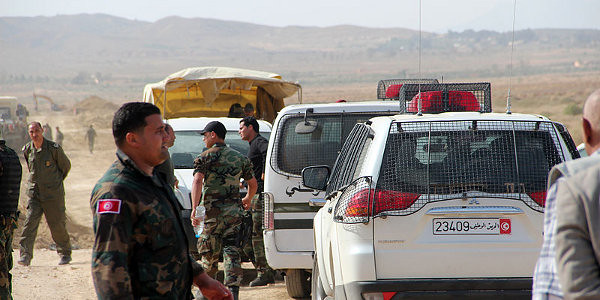
The USS Barry fires a cruise missile during the campaign against Libya in 2011 (Photo American Navy)
The American Secretary of State John Kerry gave an almost unveiled warning on Monday that the US is going to act against Syria.. "President (Barack) Obama believes there must be accountability for those who would use the world's most heinous weapons against the world's most vulnerable people," Kerry said, while White House spokesman Jay Carney the same day said the use of chemical weapons was undeniable and "there is very little doubt in our mind that the Syrian regime is culpable."
Kerry said Obama was consulting with allies before he decides on how to respond and military chiefs from the United States and its European and Middle Eastern allies were meeting in Jordan. The Washington Post cited senior administration officials as saying Obama is weighing a military strike against Syria that would be of limited scope and duration, while keeping the United States out of deeper involvement in that country's civil war. Such an attack would probably last no more than two days and involve sea-launched cruise missiles — or, possibly, long-range bombers — striking military targets not directly related to Syria's chemical weapons arsenal, the newspaper reported.
It said such a move is dependent on three factors: completion of an intelligence report assessing the Syrian government's culpability in the chemical attack, consultation with allies and the U.S. Congress and determination of a justification under international law.
U.S. warships armed with cruise missiles are already positioned in the Mediterranean.
There are a few remarks to be made about this news: 1) Assad has denied using chemical weapons and blamed rebels for staging the attacks. Will it be possible to establish beyond reasonable doubt that Syrian government forces were responsible for this attack? (On Monday the UN team that is going to investigate the source of the chemical attacks was taken under fire by unknown assailants)
2) How probable is it anyhow that Assad used chemical weapons, knowing that this almost certainly would lead to American an Western repercussions, and taking into account that the area of Damascus where the attack took place, had already almost entirely been retaken by government forces. It does not make sense. Or must we assume that some government units are acting beyond Assad's control?
3) Let me us add, in order to be 100% clear, that it is the rebels who are the ones that will win by an attack on Assad's resources.
4) Would it really be possible for the US to limit its action to something like one or two days of strikes? Wouldn't it be the beginning of an adventure from which is is not so easy to disentangle itself? What about regional repercussions, like strikes on Israel?
5) The most alarming question of all: what if attacks on the Syrian government would weaken it in such a way that the rebels get the upper hand after all? Which rebels will then take the lead? Saudi backed Salafists? Qatari backed Muslim Brothers? Jebhat al-Nusra? Or alle of them a little bit, which would prolong the Syrian civil war even more?

.jpg)



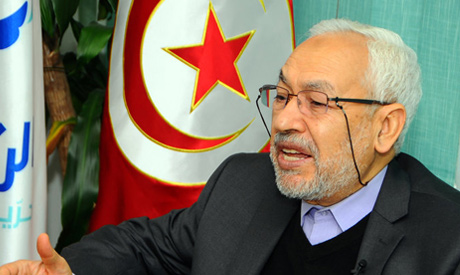


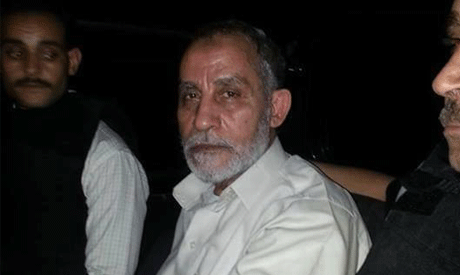

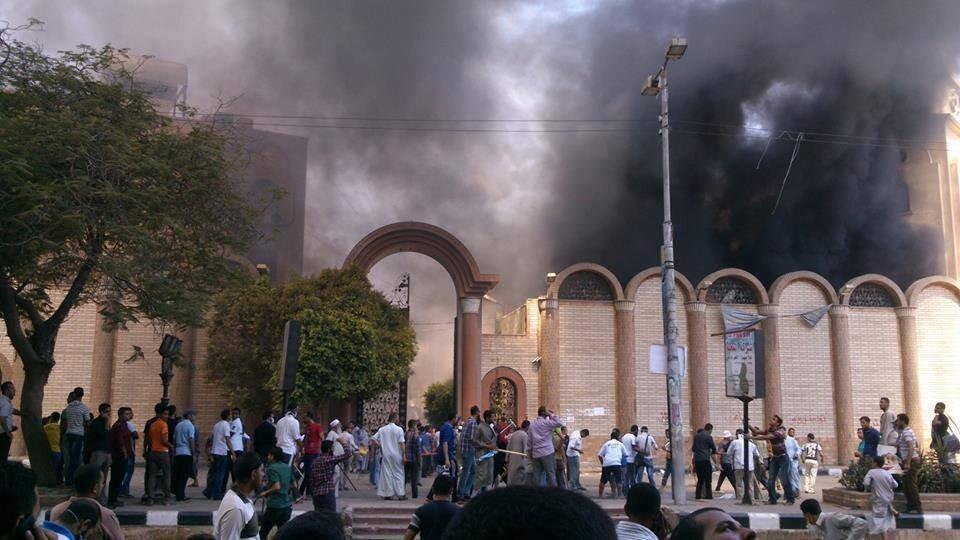
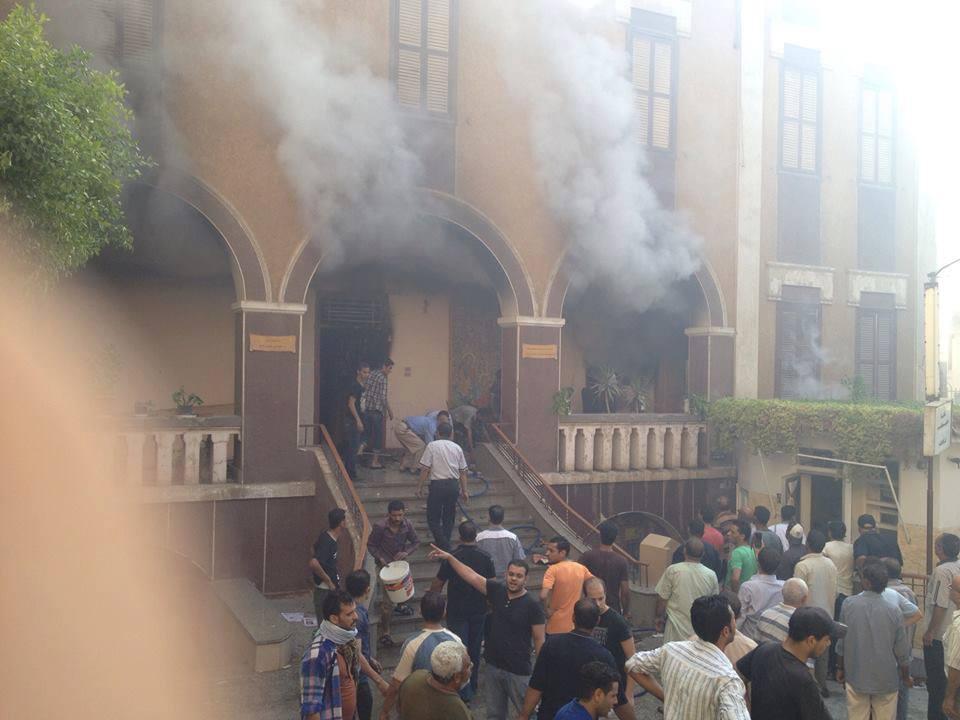
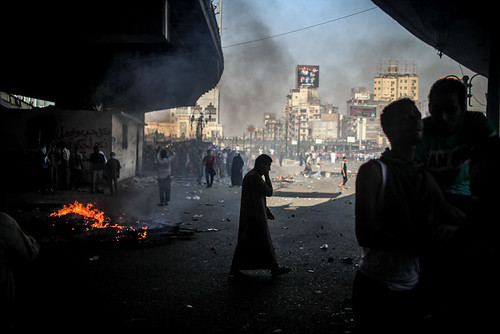
 Lebanese authorities are seriously considering the possibility a
suicide bomber may have been behind the deadly car bombing a day earlier
in the southern suburb of Beirut, caretaker Interior Minister
Lebanese authorities are seriously considering the possibility a
suicide bomber may have been behind the deadly car bombing a day earlier
in the southern suburb of Beirut, caretaker Interior Minister 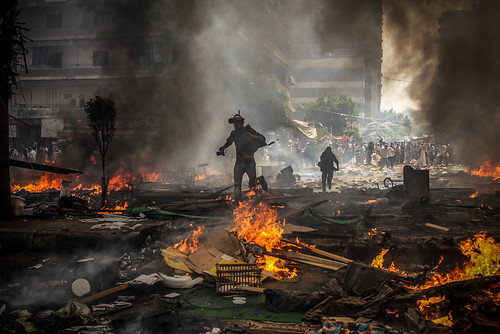
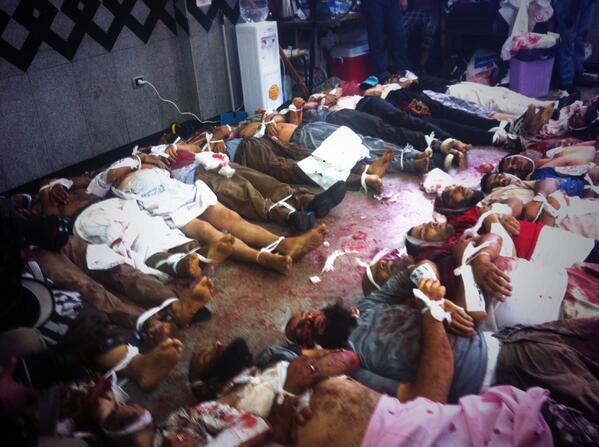 One of the mortuary rooms in the hospital at Rabbae al-Adawiya Square (Photo Matthew Cassel)
One of the mortuary rooms in the hospital at Rabbae al-Adawiya Square (Photo Matthew Cassel) 

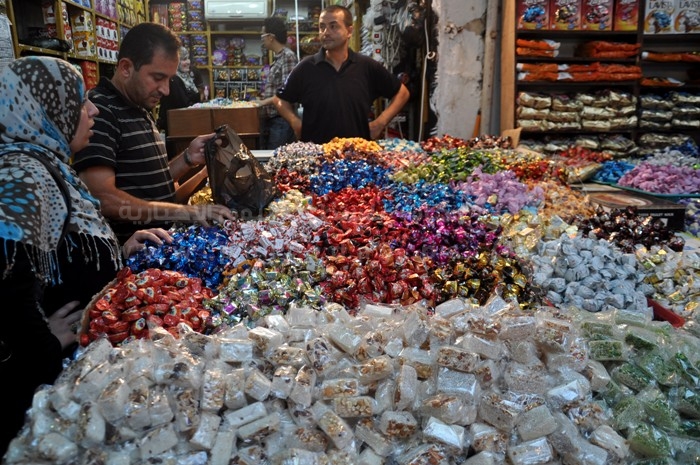 (Photo PalToday)
(Photo PalToday)
 Tens of thousands of people poured onto the streets of the Tunisian
capital to demand the resignation of the government as the political
crisis in Tunisia deepened. The country has been wracked by political unrest since the July 25
murder of opposition lawmaker Mohamed Brahmi and Tuesday's protests
marked the biggest anti-government demonstration since
Tens of thousands of people poured onto the streets of the Tunisian
capital to demand the resignation of the government as the political
crisis in Tunisia deepened. The country has been wracked by political unrest since the July 25
murder of opposition lawmaker Mohamed Brahmi and Tuesday's protests
marked the biggest anti-government demonstration since 